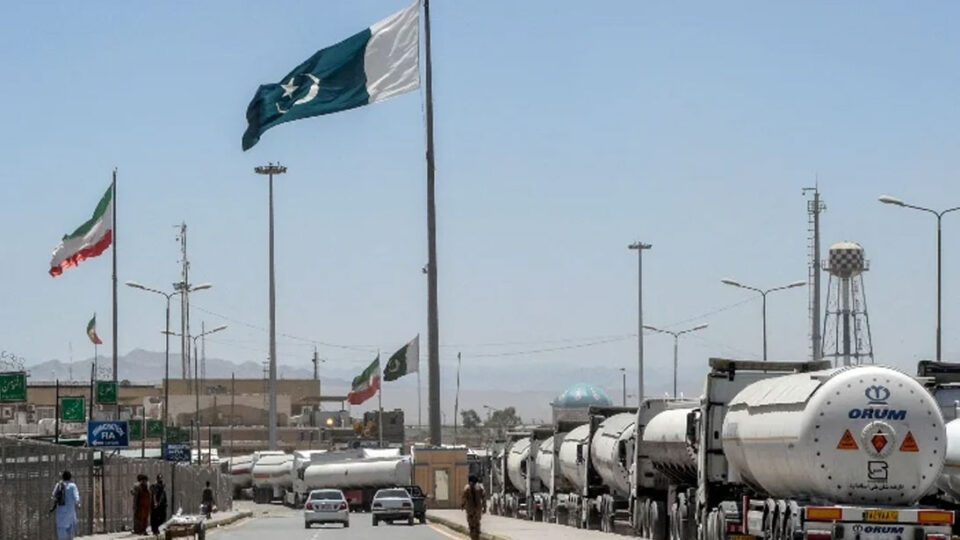Iran-Israel Conflict Impacts Balochistan: Border Closure Hits Petrol Supply and Market Prices
The ongoing conflict between Iran and Israel is beginning to have noticeable effects on Balochistan, particularly in areas bordering Iran. Due to the closure of Pakistan-Iran border crossings amid the conflict, the long-standing trade of Iranian petrol, a vital resource in the region, has come to a halt.
This disruption has caused a severe shortage of petrol across Balochistan. Hundreds of small petrol pumps operating in the streets and neighborhoods of Quetta have shut down, leading to increased fares for rickshaw drivers and other local transport operators.
In addition to petrol shortages, concerns are rising over a possible LPG gas shortage, which could further drive up prices for residents.
Iranian Goods Scarce, Prices Surge in Local Markets
Markets in Quetta, once stocked with a variety of Iranian products such as cooking oil, ghee, biscuits, dried fruits, blankets, yoghurt, and buttermilk, are now facing significant shortages. As a result, prices for these goods have nearly doubled.
Local citizens are urging the federal and provincial governments to take swift and comprehensive measures to stabilize supply and control inflation, ensuring essential items remain accessible and affordable.
Border Crossings Suspended but Trade Continues
Pakistan has suspended all border crossing points with Iran across Balochistan’s five districts—Chaghi, Washuk, Panjgur, Kech, and Gwadar—until further notice. While crossings have been halted, trade activities at the border continue, and Pakistani nationals returning from Iran are still allowed entry.
Officials report that around 200 Pakistani students are expected to cross back from Iran shortly. Recently, Pakistan evacuated 450 pilgrims from Iran, with more evacuations planned from Iran and Iraq.
Pakistan’s Position on the Conflict
Though media reports suggest Pakistan might support Iran if the conflict escalates, Islamabad has emphasized that its stance is limited to moral and diplomatic solidarity, avoiding direct involvement.
The situation remains dynamic, and authorities are closely monitoring developments to mitigate any further impact on the region’s economy and daily life.

